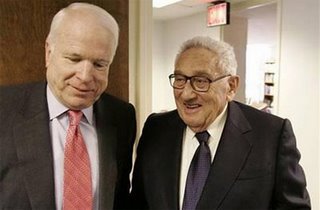Afghanistan Heroin Update
It’s estimated that 70 percent of the world’s heroin now comes from poppy fields in Afghanistan. In countries with a large illegal drug production, the vast amounts of money this generates produces drug gangs that are wealthy enough to put many local government officials on their payroll. All that money allows the drug gangs to hire thousands of armed men, and overwhelm any local government forces. Eventually, this becomes intolerable, and the government cracks down. This is what happened in earlier centers for heroin production (Burma and Pakistan.) All that heroin money creates a state within a state. But such a “drug government”, no matter how well run (like the one on the Chinese-Burma border after World War II), is still a criminal organization and soon drives nearby legitimate governments to take action. And so the principal heroin producing area moves. Unfortunately, this process takes decades, adversely affects the lives of millions and kills lots of people. The Afghan leadership is aware of this pattern, and are pleading with NATO and the Untied States to provide sufficient aid so that the drug gangs can be broken up before they become too powerful. But in Afghanistan, the drug gangs tend to hook up with tribes, thus making any anti-drug effort a war against a particular tribe. The tribes resist, because income from the drug trade is estimated to generate $2.5 billion a year inside Afghanistan. This is about half the Afghan GDP. The heroin problem is not considered just an Afghan problem, as until a decade ago, the poppy production was in northern Pakistan. The other nations of Central Asia fear that, once poppy production is driven out of Afghanistan, it will move north into the other ‘stans. But the drug trade will not be easy to eradicate from Afghanistan, for the Afghans are well armed, accustomed to fighting outside power and they have never had access to this kind of wealth before.
Interesting.






You have to wonde why the terrorists are not trafficing in aspirin?
Could it be the USA inspired policy of prohibition is funding our enemies?
If all heroin was good for was relieving headaches, the comparison between the two would be apt. Given the reality, the comparison is first-class idiocy.
Oh, let’s get real. I adore MGehee, but once we’ve repealed Prohibition there isn’t much use for the drug war.
Le’t’s put an end to the forces that fund our enemies. Now.